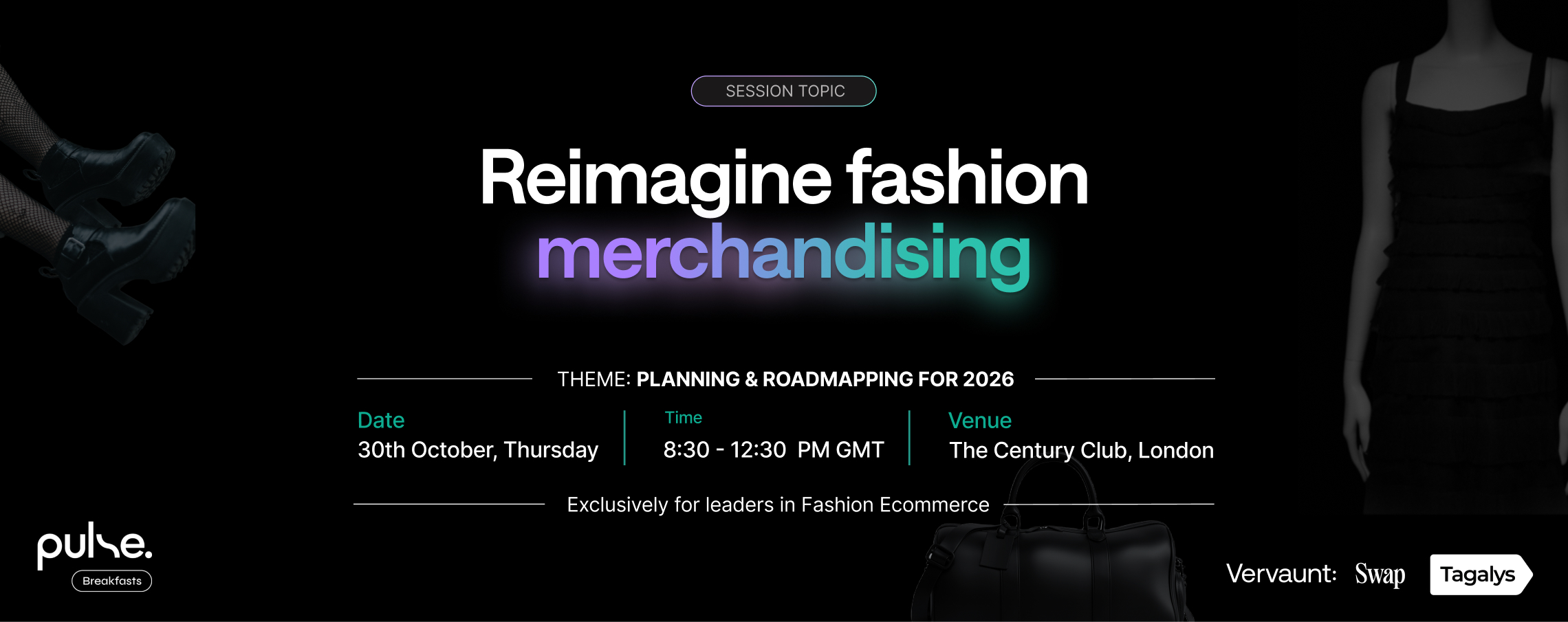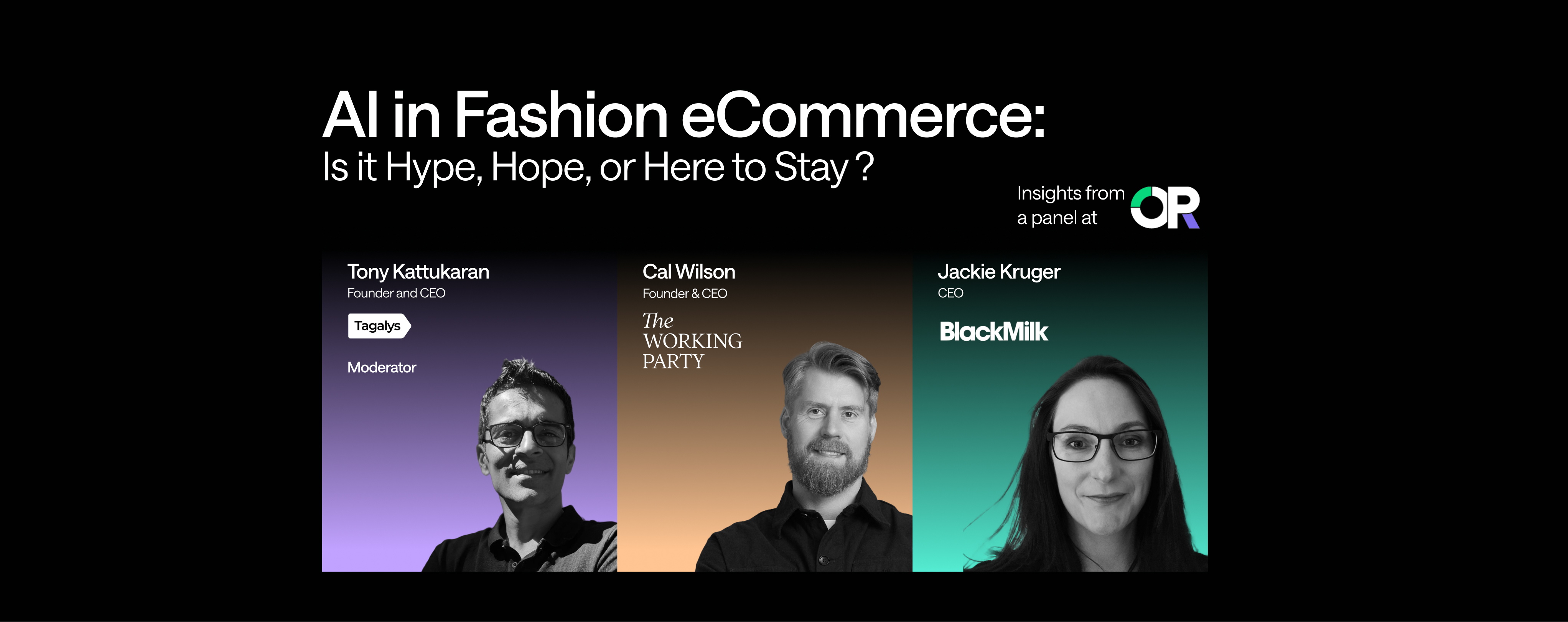A product is made up of a combination of tags that describes its features and characteristics. Just like human DNA, which is unique from each other, no two products can be the same.
However, products can have different tags. eg., A dress can be defined by its size, color, material, brand, discount, sleeve, neck, etc. These are a few of the product tags associated with it.
Consumers are influenced to buy products when they find products that match their internal tag preferences for that type of product.

(Various tags in a product)
Tagging in your Magento, Shopify or BigCommerce online store
In an offline store, if a visitor asks for a ‘Black Nike Polo Cotton Tshirt’, they are asking for a product that matches their internal tag preferences. Here the tags are Nike (Brand), T-shirt (Apparel type), Polo (Neck type), Black (Color), Cotton (Fabric). Thus the various tags associated with the product are influencing the choice of shoppers.
Online shopping behavior is no different from offline and product tagging helps the visitors easily discover products driving up engagement, measured by product views & click-through rate. Without product tags associated with products, it would stall the online shopping process, making it cumbersome & slow.

(Products tags available in filters in an online store)
Product Tags in Predictive Sorting
Tags also help to understand the shopping trends which is very important to drive sales.
Predictive merchanding engines like Tagalys (Tag Analysis), study how visitors interact with tags to predict a score for individual product performance. This means if Nike Polo Cotton Tshirts at $99 has been selling well in the last 30 days. Then if we launch new colors of Nike Polo Cotton Tshirts at $99, they are also likely to sell well, by virtue of historical tag performance.
Typically new products are unlikely to have any performance data to predict scores. Hence tags are the best way to predict product performance, especially for new products.

(Products sorted based on predictive tag analysis using Tagalys)
The individual product tag performances are analyzed & calculated every day for each product and the results are sorted accordingly. This is very important in eCommerce because online retailers are more likely to drive conversion based on the products across the top 3 pages.
Predictive sorting helps them to display their best products in the right order
Product Tags in Reporting
Product tagging also helps the retailers extract segmented insights on the product performances. These tag level reports help in understanding market trends. They give the retailers a decision making ability on their marketing and optimization strategies.

(Product performance insights at the tag 'color')

(Product performance insights at the tag 'size')
Tagalys maximizes conversion rate & gives merchants visual control of products displayed in Site Search & Category pages at their online store. To know more about our solutions and features, get in touch with us now.
Here is a quick video about product tagging from our CEO, Antony Kattukaran
[embedyt] https://www.youtube.com/watch?v=W0bMUBXCnvY[/embedyt]














.svg)
.svg)
.svg)
.svg)
.svg)
.svg)



.png)

.png)
